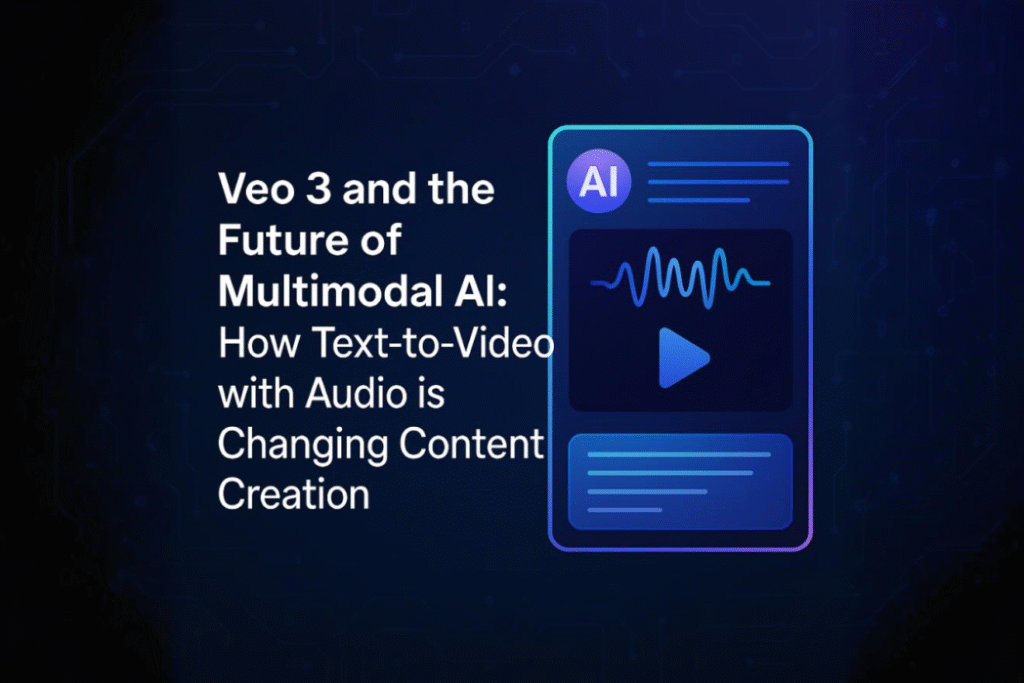
Introduction: The Legal Storm Brewing in AI
The rapid rise of generative AI has sparked a technological revolution, allowing users to create images, videos, music, and text with just a few prompts. However, this creative explosion has also opened a Pandora’s box of legal challenges. Who owns AI-generated content? Can artists sue AI companies for mimicking their style? Are tech companies responsible for the output their models generate? These are some of the pressing legal questions being debated across courtrooms and boardrooms alike.
In 2025, the legal landscape for generative AI is more contested than ever, with high-profile lawsuits, regulatory scrutiny, and ethical dilemmas making headlines. Let’s dive into the core legal issues surrounding generative AI and explore what they mean for creators, developers, and users.
Key Legal Issues in Generative AI
1. Copyright Infringement
Generative AI tools are often trained on vast datasets scraped from the internet, many of which include copyrighted materials. Artists and media companies argue that using their work to train AI models without permission constitutes copyright infringement.
Case in Point:
In 2024, Getty Images sued Stability AI, claiming the company used millions of copyrighted photos to train its image-generation model without licensing them. This case set a precedent and led to a wave of similar lawsuits.
2. Ownership of AI-Generated Content
A central legal gray area is the ownership of content generated by AI. Traditional copyright law requires a human author, leaving AI-generated works in a murky legal zone.
Key Questions:
- Can users claim ownership of AI-generated art or writing?
- Should companies that build AI tools retain rights to all outputs?
- Will copyright laws evolve to include AI as a co-author?
In 2023, the U.S. Copyright Office reaffirmed that AI-generated works without human authorship cannot be copyrighted—but this stance is likely to be challenged as AI becomes more autonomous.
3. Style Imitation and Right of Publicity
AI tools that mimic the style of specific artists or celebrities raise concerns over the right of publicity and artistic identity. Musicians, illustrators, and actors are pushing back against models that clone their voices or visual styles.
Example:
In 2025, Disney and Universal filed a lawsuit against Midjourney for generating character art that mimicked proprietary styles, arguing it violated their IP rights and confused consumers.
Ethical and Regulatory Responses
1. Transparency and Disclaimers
Some platforms now require users to disclose when content is AI-generated, aiming to prevent misleading uses in journalism, marketing, or art.
2. AI Training Data Consent
There is increasing pressure to make AI training data transparent and to allow artists to opt out. OpenAI, for example, has introduced mechanisms for creators to request data removal.
3. Proposed Legislation
Governments worldwide are drafting AI-specific regulations:
- EU AI Act: Aims to regulate high-risk AI systems and requires transparency around training data.
- U.S. AI Bill of Rights: Proposes guidelines for AI accountability, data privacy, and consent.
How These Legal Battles Affect You
Whether you’re a creator, developer, or business owner, these legal disputes will shape how you use and interact with generative AI.
For Creators:
- Be aware of how your work may be used in AI training datasets.
- Consider licensing models or opt-out tools to protect your IP.
For Developers:
- Ensure ethical sourcing of training data.
- Build clear usage policies and disclaimers into your tools.
For Users:
- Understand the limitations and legal implications of AI-generated content.
- Avoid using AI tools for impersonation or unauthorized reproductions.
Conclusion: Navigating the AI Legal Frontier
Generative AI is pushing the boundaries of what technology can create, but it’s also challenging the very foundations of copyright, authorship, and creative rights. As lawsuits unfold and regulations evolve, we must strike a balance between innovation and ethical responsibility.
The future of generative AI depends not only on what it can create but also on how we govern its use. By understanding the legal landscape, we can help shape an AI-powered world that respects the rights of both humans and machines.

